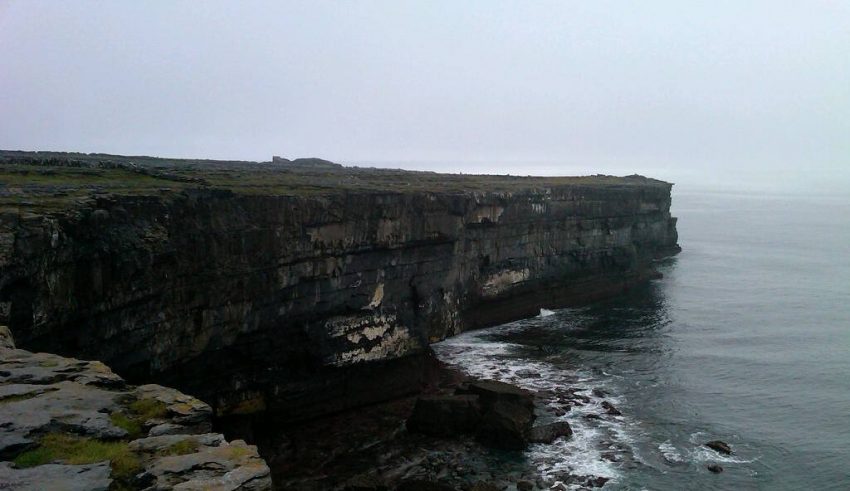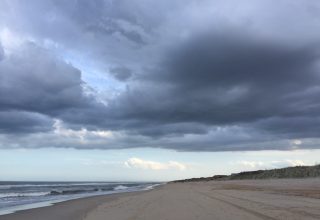
⦁ Consider how relationships drain and energize you. This can be done with a simple energy audit of your day and week–checking in several times throughout the day to assess and assign a value as to level of energy you experience depending the quality of relationship. Consider what communication or conversation might be needed to shift the impact of the relationship on your energy level.
⦁ Ask yourself why you do what you do. Identify the 1-3 core values that undergird your investment of time, energy, and good will and check to see how much of what you do every day is a healthy channel for those core values.
Check out The Coaching Companion by Carylynn Larson and Daniel Sheres for concrete suggestions for putting coaching ideas into real life practice.
Explore the edges of your sense making. The Growth Edge Network and work of Jennifer Garvey-Berger and her Cultivating Leadership colleagues (Changing on the Job, Simple Habits for Complex Times) offer workshops on how to use inquiry to explore and push up against the edges of structure of interpretation.
Consider taking the Maturity Assessment Profile or one of the other assessments linked with Vertical Development. Don’t know about these?
None of this is easy. Research conducted by Bill Torbert and Susanne Cook-Greuter suggest a 3-5 year journey to shift one stage vertically. There is however some recent evidence that meditative practices, targeted vertical developmental efforts that include “heat” (life changing, and mind blowing) experiences and support for “safe to fail,” trial and error experiments can, if not accelerate, support and enable shifts in who and how we are that lead to transformation and vertical growth.
______________
Bibliography
Cashman, K. (2012). The Pause Principle. San Francisco, CA: Berrett-Koehler Publishers.
Cook-Greuter, S. R. The Leadership Maturity Assessment Instrument or MAP.
Retrieved from http://www.cook-greuter.com/SCTi-MAPForm.htm
Esbjorn-Hargens, S. (2009). An Overview of Integral Theory. Integral Post: Transmissions from the Leading Edge. Retrieved from https://integrallife.com/integral-post/overview-integral-theory
Flaherty, J. (2010). Coaching to Evoke Excellence in Others. New York, NY: Routhedge.
Flaherty, J., & Handelsman, A. (2013). Integrating Rigor, Compassion, and Creative Design: The Promise of Integral Coaching and New Ventures West’s Professional Coaching Course. New Ventures West. Retrieved from http://newventureswest.s3.amazonaws.com/wp-content/uploads/2015/06/
Integrating-Rigor-Compassion-and-Creative-Design2013.pdf
Garvey-Berger, J. (2013). Changing on the Job: Developing Leaders for a Complex World. Stanford, CA: Stanford University Press.
Garvey-Berger, J. & Johnston, K. (2015). Simple Habits for Complex Times: Powerful Practices for Leaders. Stanford, CA: Stanford University Press.
Growth Edge Network. Retrieved from http://growthedge.net/
Josephs, S., & Joiner, B. (2006). Leadership Agility: Five Levels of Mastery for Anticipating and Initiating Change. Jossey-Bass.
Lencioni, P.M. (2012). The Five Dysfunctions of a Team: Team Assessment (2nd Ed.).
San Francisco, CA: Pfeiffer.
Kegan, R., & Lahey, L.L. (2002). How the Way We Talk Can Change the Way We Work: Seven Languages for Transformation. San Francisco, CA: Jossey-Bass.
Korn Ferry Institute. (2013). A Better Return on Self-Awareness. Retrieved from http://www.kornferry.com/institute/647-a-better-return-on-self-awareness
Kotter International. 8 Step Process. Retrieved from http://www.kotterinternational.com/the-8-step-process-for-leading-change/
Sheres, D., & Larson, C. (2015). The Coaching Companion: Get the Most from Your Coaching Experience. Daniel Sheres and Carylynn Larson.
Sinek, S. (2009, Sep). How Great Leaders Inspire Action (Video File). TED Talks.
Retrieved from http://www.ted.com/talks/simon_sinek_how_great_leaders_inspire_action? language=en
Torbert, W. R., et al. (2004). Action Inquiry: The Secret of Timely and Transforming Leadership. Berrett-Koehler Publishers.
Winston, D. (2015). Free Guided Meditations. UCLA Mindful Awareness Research Center. Retrieved from http://marc.ucla.edu/body.cfm?id=22
Download Article 1K Club



















